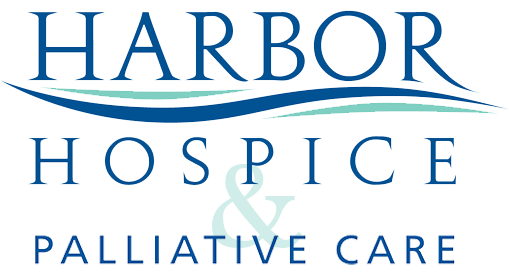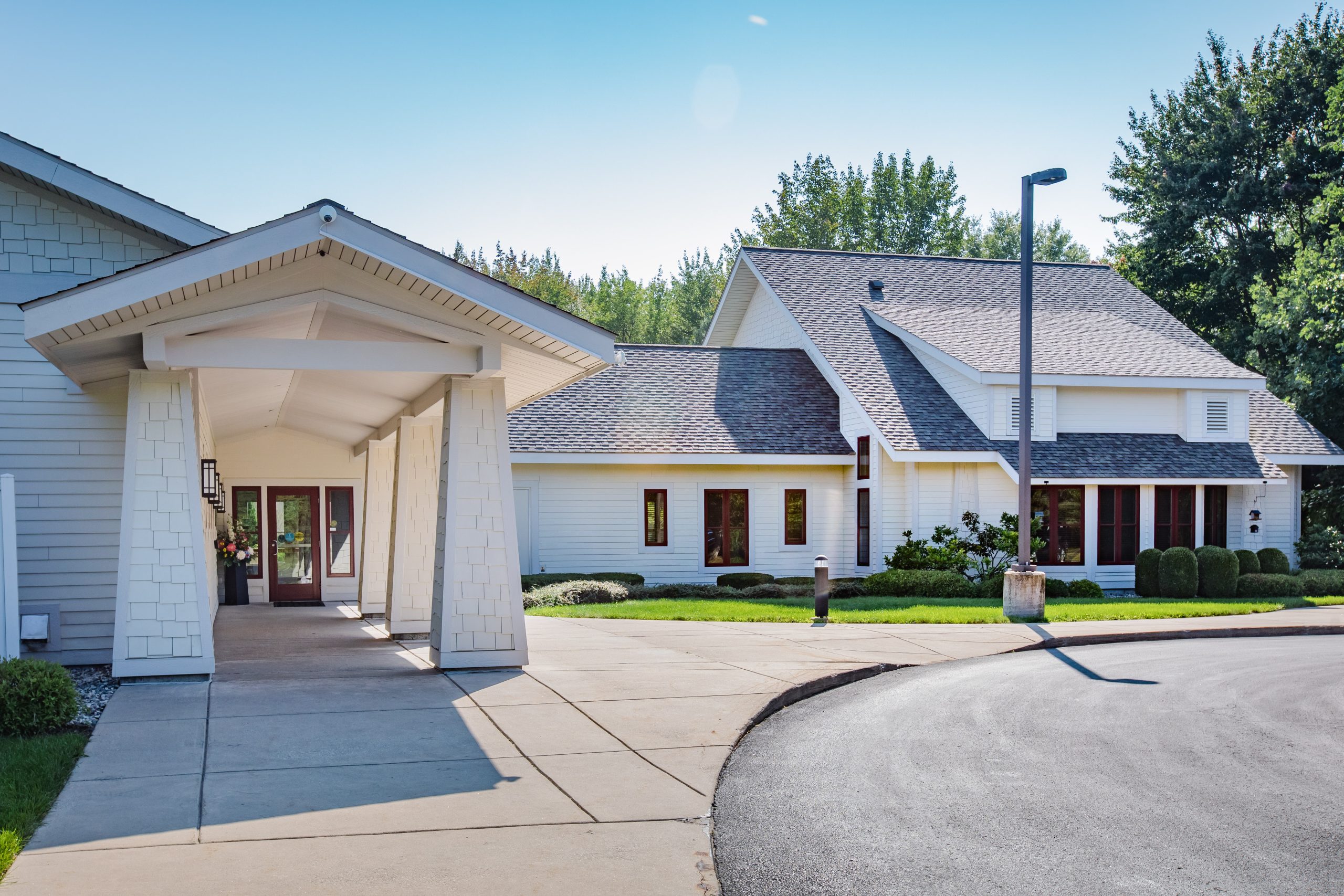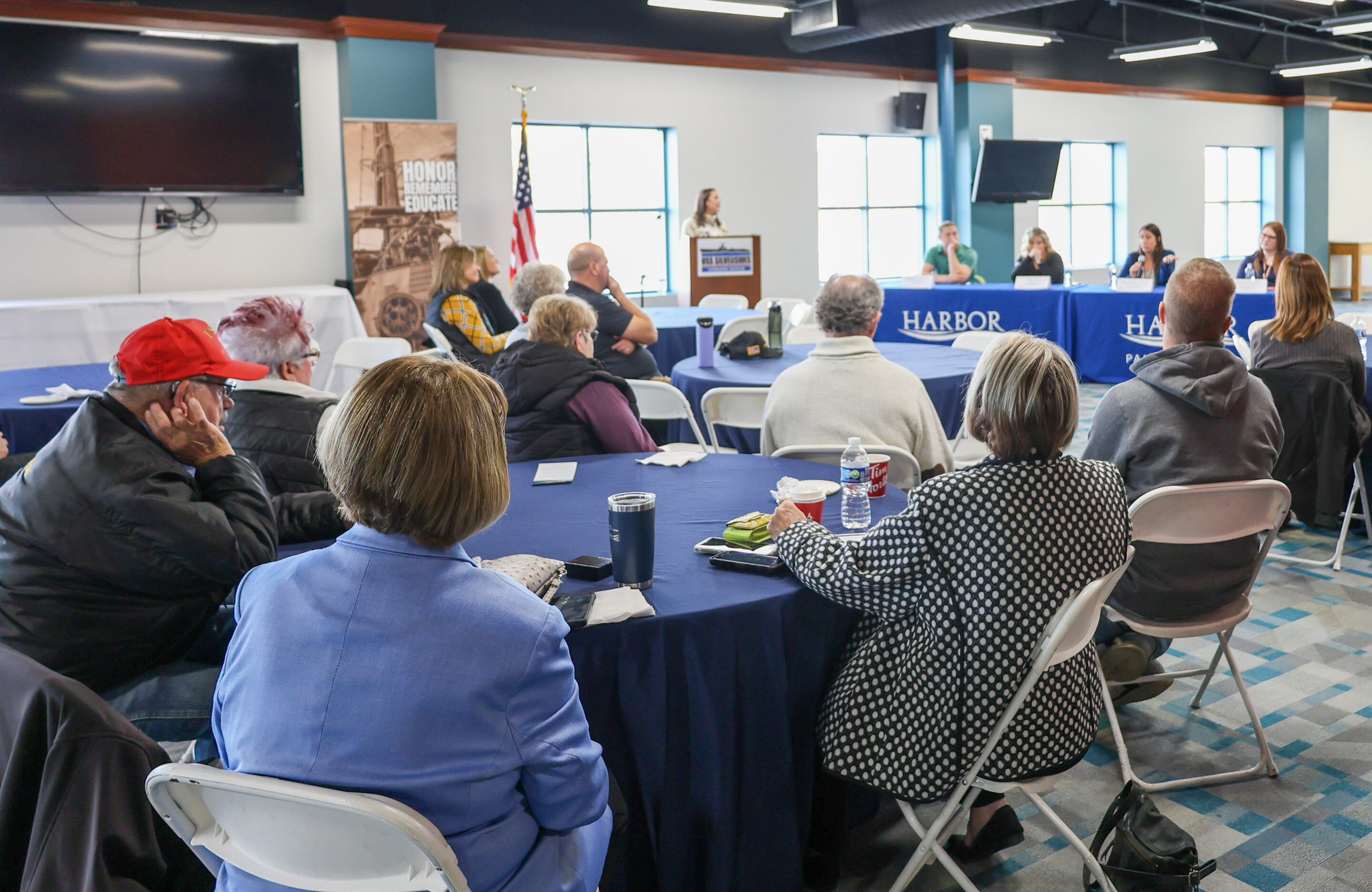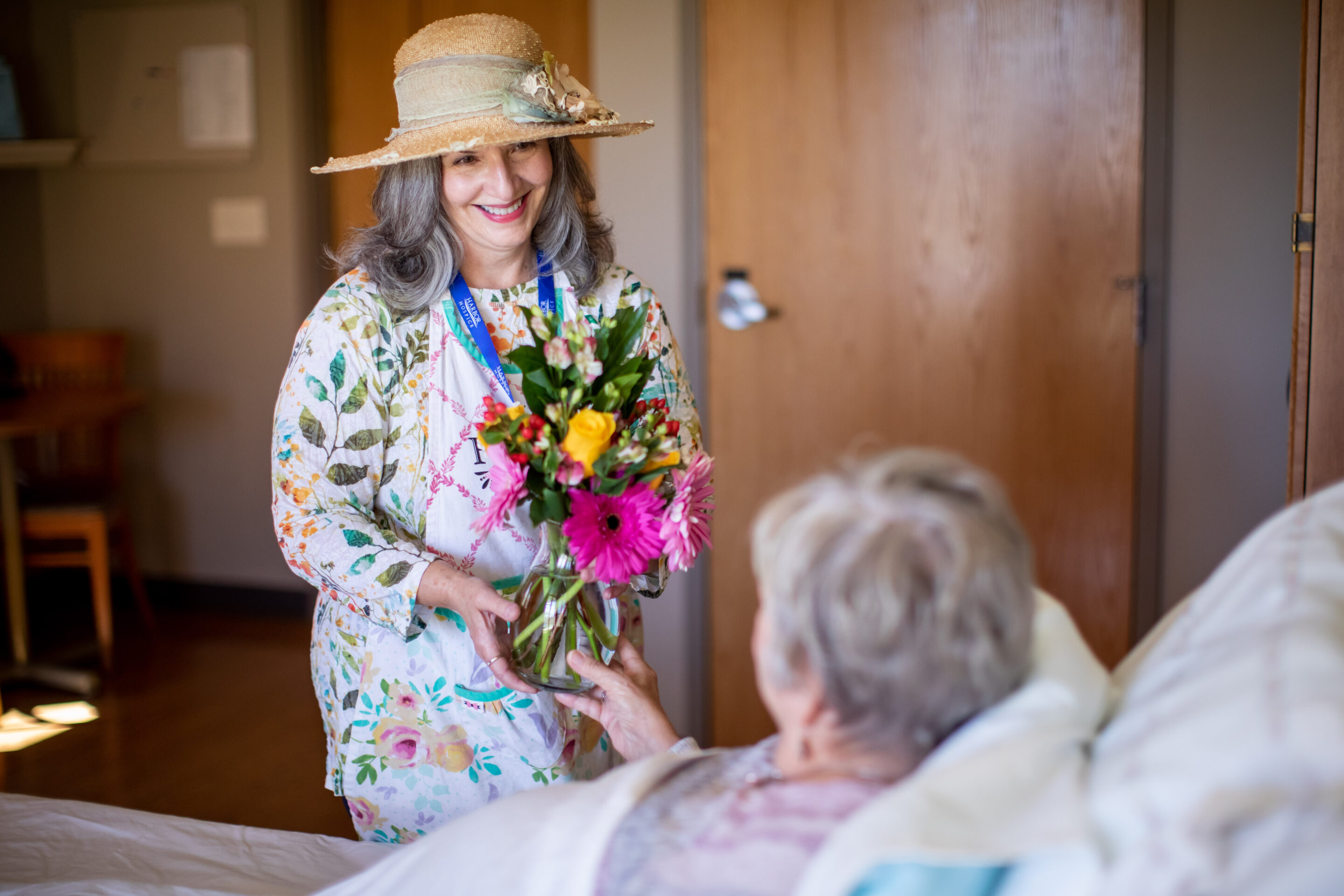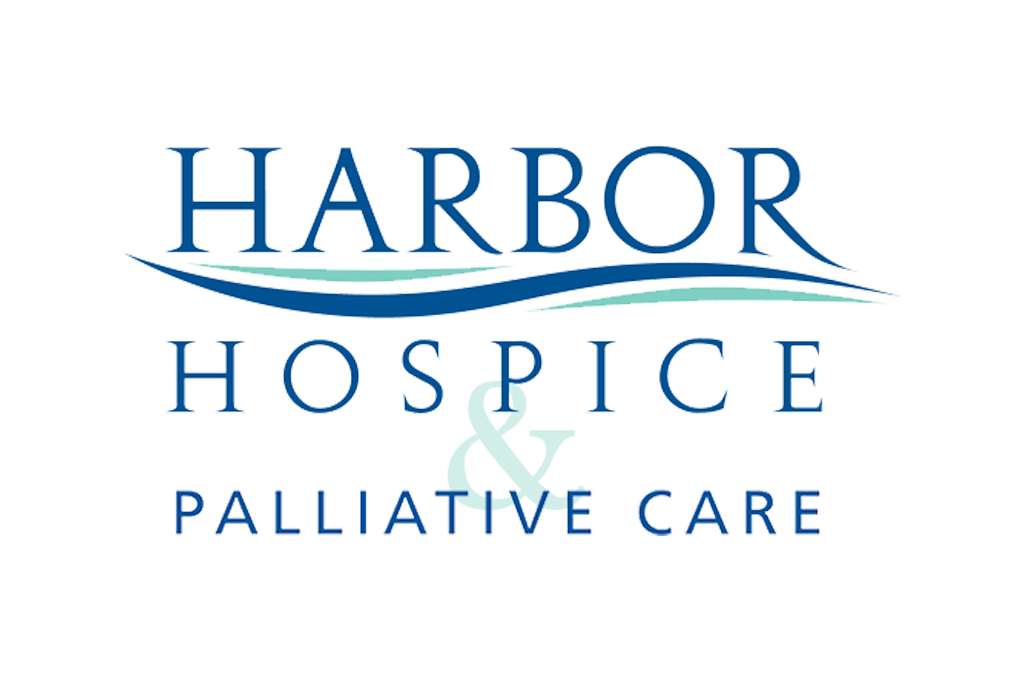Explore Our Resource Library: Hospice, Palliative Care & Grief Support
Whether you are seeking guidance on hospice care, palliative care, or grief support, our team has curated a comprehensive collection of blogs, podcasts, newsletters, and other resources to provide you with the knowledge and tools you need. Explore our library of content to find answers to your questions, gain insights from our team of knowledgeable experts, and more to support you on your journey.
By Susan Newhof It’s a warm afternoon in Houston and Leila Poppen Reynolds is reminiscing from her home about a series of …
By Maddie Monroe This Veterans Day, Harbor Hospice is honoring all those who served our country, and the veterans in our care. …
In this issue, we highlight the Leila & Cyrus Poppen Hospice residence and celebrate its 20th anniversary. We take a look at …
By Maddie Monroe After working for Harbor Hospice for nearly 20 years, Dr. Gerald Harriman noticed one major flaw. That people were …
By Maddie Monroe For the last 4 years, Harbor Hospice has invited the public to participate in Horses for Hospice, to help …
By Amber Wallace In celebration of National Volunteer Week, we proudly recognize the incredible impact of our Harbor Hospice volunteers—individuals who give …
In this issue, we celebrate more than three decades of Camp Courage—our grief support camp for children and teens—and reflect on 20 …
Muskegon, MI, April 8th, 2025 – “Our home-based hospice program has been the heart of our care since we were founded in …
Muskegon, MI – January 2025 – Harbor Hospice is pleased to announce Dr. Caitlin Fulton as the new Medical Director. With over …
